Boko Haram faction kills second aid worker in Nigeria
- Published
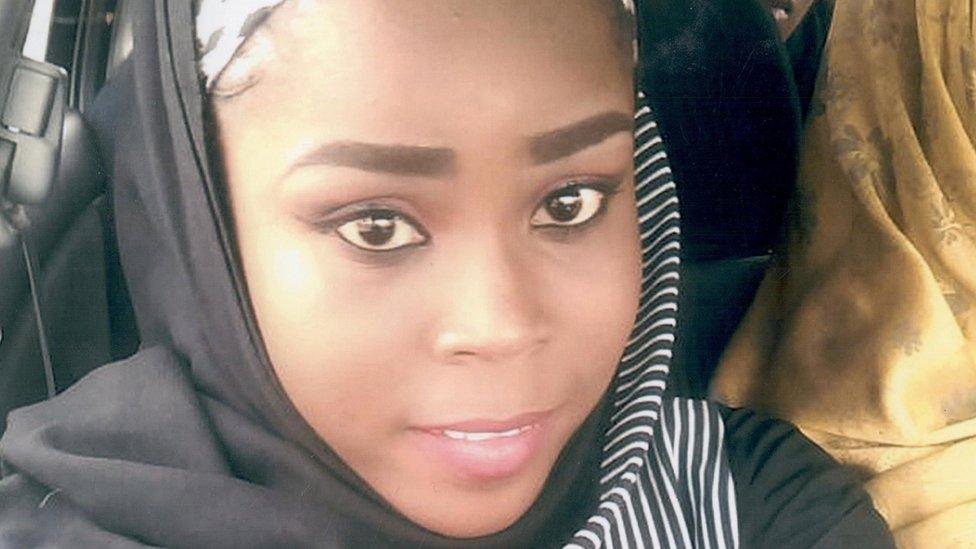
Midwife Hauwa Liman was helping displaced women and children when she was kidnapped
An aid worker with the International Committee of the Red Cross (ICRC) has been killed in Nigeria by Islamist militants who kidnapped her last March.
Hauwa Liman, a midwife, was killed days after kidnappers set a deadline.
The ICRC said it was devastated by the news. The Nigerian government called the murder "inhuman and ungodly".
Ms Liman was taken with two others in the northern Nigerian town of Rann. Fellow midwife Saifura Ahmed Khorsa was killed last month.
A 15-year-old schoolgirl, Leah Sharibu, is being held by the same militant group, Islamic State West Africa Province (Iswap), which is affiliated to the Islamic State group and is a faction of the Nigerian Islamist group Boko Haram.
Ms Sharibu was one of 110 schoolgirls who were kidnapped in the northern town of Dapchi last February. Most of the other students were freed but Ms Sharibu, who reportedly refused to convert to Islam, remains in captivity.
What more do we know about the kidnappings?
Ms Liman, 24, and Ms Khorsa were working with internally displaced people at a health centre supported by the ICRC in Rann, Borno State, the epicentre of militant activity. Alice Loksha was working as a nurse in another centre supported by Unicef.
They were abducted after Iswap fighters attacked the town on 1 March 2018. Three other humanitarian workers and eight members of the security forces were killed in the attack.
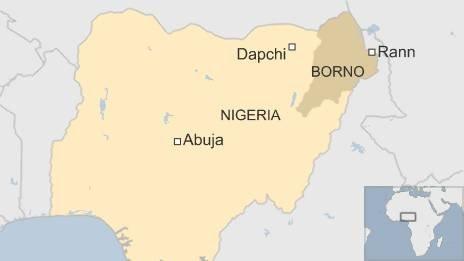
Last month, the ICRC received a video showing the killing of Ms Khorsa.
Exactly a month later, on Monday, another video appeared showing the killing of Ms Liman. A local reporter, who said he had seen it, reported that Ms Liman was shot at close range.
The ICRC said she was a "sociable, dynamic and enthusiastic woman who was much loved by family and friends. She was truly dedicated to her work helping vulnerable women in her family's home area".

What did the militants want?
Chris Ewokor, Abuja, Nigeria
The militants did not make their demands public. The excuse they gave for killing Ms Khorsa in September was that they had put forward their demands to the government but they were ignored. The government has not disclosed what the jihadists were demanding.
It is unclear why the ICRC would be targeted when it acted as an intermediary between the government and Boko Haram for the release of the Chibok girls in 2017.
In a short statement after the killing of Ms Liman, Iswap said the Muslims midwives were killed because they had "abandoned their Islam the moment they chose to work with the Red Cross". It shows how brutal and intolerant the militants are.

What has been the reaction to the killing?
The ICRC said it had "made sustained and committed efforts to secure the release of the three health-care workers, including a last-minute plea for mercy on Sunday to the Islamic State's West African province group, to no avail.
"Hauwa and Saifura's deaths are not only a tragedy for their families, but they will also be felt by thousands of people in Rann and other conflict-affected areas of north-east Nigeria where accessing health care remains a challenge. We urge the group holding Alice and Leah to release them safely," Patricia Danzi, the ICRC's regional director, said.
Nigerian Information and Culture Minister Alhaji Lai Mohammed said the government was "deeply pained" by news of the killing, but added it would "keep the negotiations open" and continue to work to free Ms Loksha and Ms Sharibu.
Iswap has reportedly said it plans to keep the nurse and the schoolgirl, both Christians, as slaves.
What do we know about the militants?
Boko Haram launched its insurgency in 2009 and took control of large swathes of land in the north-east.
Its leader Abubakar Shekau gained worldwide notoriety in 2014 following the abduction of more than 200 schoolgirls from Chibok.
In the wake of this, Shekau's fighters joined IS. But it appears to have been a fractious relationship as IS sacked him in 2016, saying Abu Musab al-Barnawi was the new leader of the militants in Nigeria.
Over the last five years, most areas under the militants' control have been recaptured by the military, but the two factions have continued to carry out attacks.
The Iswap faction, under Barnawi, has raised its profile this year, including kidnapping the Dapchi schoolgirls in February. It is not clear if this is a tactic to raise funds through ransom payments or to be more militant than Shekau's faction.
- Published29 March 2018
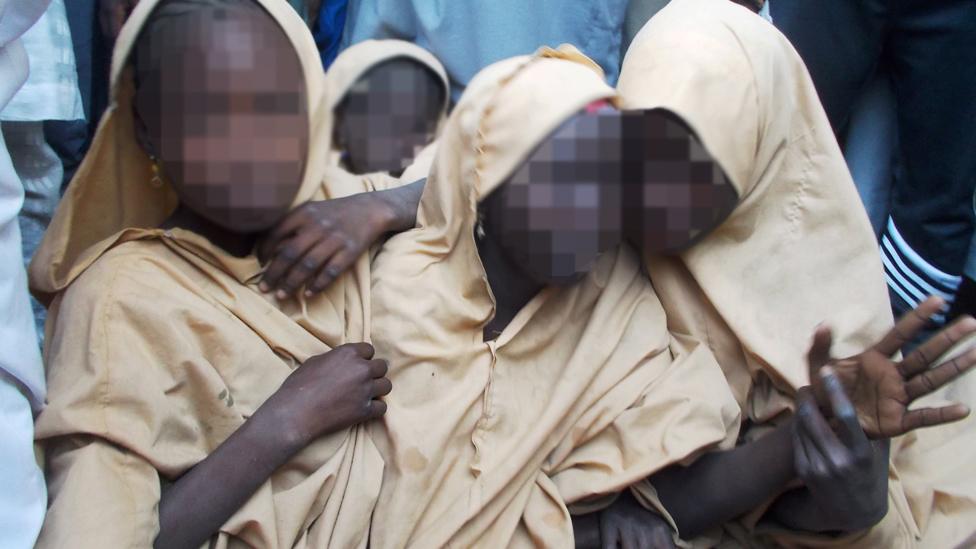
- Published24 November 2016
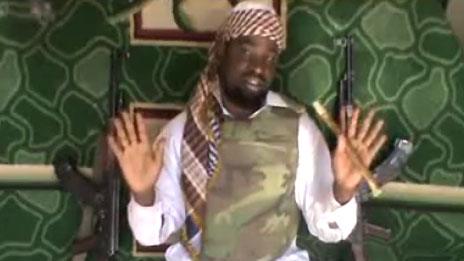
- Published1 March 2018
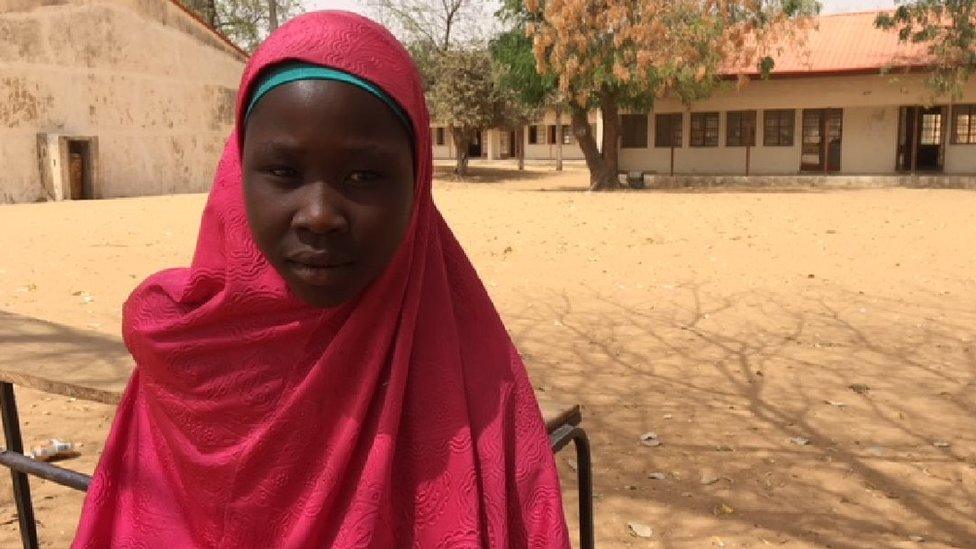
- Published22 March 2018
